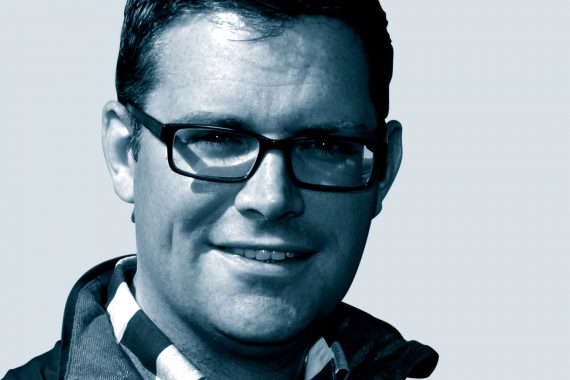Is academic prowess the best predictor of a future GP?

It’s the time of year when school pupils find out their exam grades, on which their life trajectories seem – at least at this time of year – mapped out as a result. Cue the usual debates about whether this year’s exams were more easy or difficult, and for us medic folks, whether academic prowess (as measured by our exam system) is the best means by which to initially select students for medicine.
Rural schools are faced with the same fragility as smaller-scale GP practices
First off, let me be clear that I have every sympathy for admission deans who await an undiminishing influx of UCAS applications for medicine. The sheer numbers require some initial process by which to reduce the pile of hopeful doctors, whatever motivations underlies their enthusiasm. I haven’t come up with a clear alternative, so who am I to comment?
However, I do have a perspective as a city boy turned country lad. In our practice, like many others, we try to do our bit wherever possible to give local school pupils the opportunity to observe work in healthcare – not to persuade, but to inform, to allow adequate consideration, and to let those who are still keen have a fighting chance when they’re asked about work observation at interview.
This is important because GP recruitment remains hugely challenging in rural practice (as it is becoming in all practices). We know that medical students who are originally from a rural area are more likely to return to rural areas with their qualified service. And we know that even though it feels our profession is under escalated, unjustified attack, there remains something uniquely attractive about (rural) general practice that offers the intellectual stimulation that our brightest aspire to.
My perspective includes local pupils who do exceedingly well in their exams, but who don’t quite hit the AAAAA full house that seems to be increasingly standard for admissions criteria. Rural schools are faced with the same fragility as smaller-scale GP practices: staff shortages have a bigger impact if your only, let’s say physics, teacher leaves mid-term.
One promising student – who had a career in medicine in mind – self-taught the rest of one of his Highers when our local school experienced exactly this problem. His AAAAB was arguably a greater achievement than someone who’d achieved five As in a more resilient school. Yet his application to several medical schools failed at the first hurdle.
Amidst the unenviable task of whittling applications down to a feasible shortlist, I wonder if there is more to be done by our medical schools in fulfilling their accountability to the needs of our country’s demographics.
Dr David Hogg is a GP on the Isle of Arran, Scotland. You can follow him on Twitter @davidrhogg
Pulse October survey
Take our July 2025 survey to potentially win £1.000 worth of tokens










